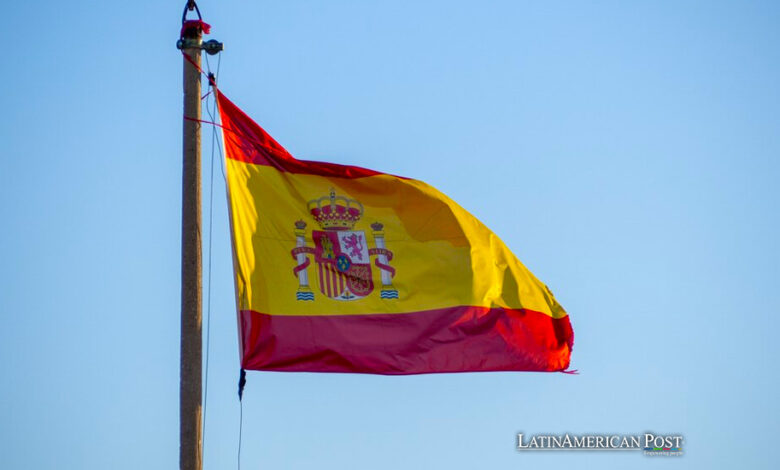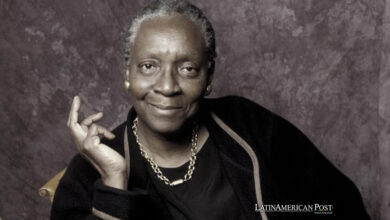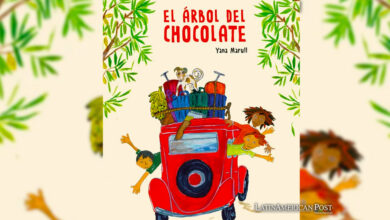Unlocking Ancestral Roots: Spanish Descent Documentation Opens Doors to Nationality

“During the Christmas holidays when we were closed, over fifty such requests accumulated,” affirms its director, Dionisio Antolín. He emphasizes that many descendants of emigrants, primarily from Argentina and Cuba, delve into ecclesiastical records to unearth their roots and apply for Spanish citizenship.
Unlocking Heritage: Spanish Nationality and Family Ties
Since the approval of the Democratic Memory Law, which permits great-grandchildren of Spanish origin to request nationality without waiting for their parent, grandparent, or aunt/uncle to obtain it beforehand, ecclesiastical records have experienced an avalanche of requests.
These searches yield the necessary documentation for nationality requests and, in many cases, reconnect long-lost family ties. “Children and grandchildren of emigrants are discovering relatives, cousins they often didn’t know they had,” adds Antolín.
Obtaining Spanish nationality or tracing a family’s genealogical tree back to the year 1540 has become possible through the records of the Catholic Church, which meticulously documented every birth, marriage, and death in every Spanish village for centuries.
In Palencia, up to 27,000 sacramental books filled with millions of data have been safeguarded in new facilities.
A Secure Relocation
The Diocesan Archive of Palencia has recently undergone a significant relocation. Previously housed in the episcopal palace, the risk posed by outdated facilities to the integrity of the documents prompted the Diocese to transfer them to a new location that ensures their preservation and accessibility.
This Tuesday, the apostolic administrator of Palencia, Manuel Herrero, and the archive’s director, Dionisio Antolín, inaugurated the new headquarters within the premises of the Major Seminary.
This move transported the history of men and women who lived in the province of Palencia since 1540, when some astute parishes began their initial records, as these were not mandatory until 1563 with the Council of Trent.
These archives encompass many documents and data that bridge the gap between the past and present through birth and baptismal certificates, death records, marriage and confirmation certificates, and all the sacraments received by their parishioners.
These books provide a testimony of the province’s inhabitants, “revealing who they married, the children they had, who the godparents were,” explains Antolín, and enable the construction of the genealogical tree of any family since 1540.
A Database with 1.7 Million Records
Presently, the entire archive is undergoing digitization and indexing, a monumental task undertaken by 92 volunteers investing countless hours. Their silent efforts have allowed individuals like Antolín to explore their family history, tracing his surname back to 1570 in his hometown of Villanueva del Río.
This endeavor will enable anyone interested to do the same by delving into a growing database. Around 5,000 books have been digitized, contributing to 1.7 million records.
“Each record includes the name and surname of a person, the names of their parents, their date of birth, baptism, godparents, maternal and paternal grandparents….”. And every day, between 1,700 and 2,000 records are added,” he adds.
Also read: The Uruguayan Eduardo Cardozo will “Undress” his Workshop at the Venice Biennale
Furthermore, soon, this database will be accessible via a website, eliminating the need to search on the computers located in the main room of the new archive. This technological leap will make the wealth of historical and genealogical information even more accessible to those seeking to unearth their roots.




